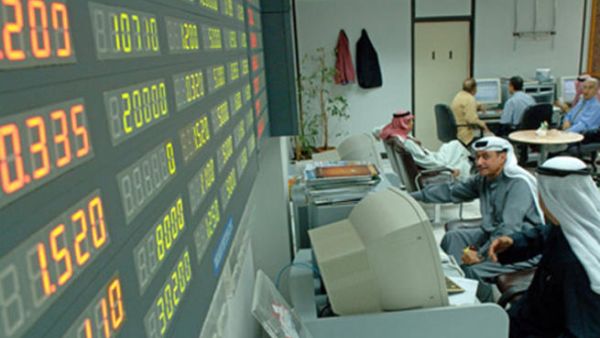The DFM General Index, which was up 113 per cent last year on the prospects of the MSCI upgrade of the UAE to emerging market status, fell 5.5 per cent to 4,856 points, its lowest close in a month and biggest one-day loss since August 27.
Khaled Mohammed Hassan Abu Zaher of Fujairah Shares and Bonds Company described the decline as an inevitable correction after gaining 55 per cent so far this year.
“We are witnessing a wave of corrections since last Thursday immediately after the announcement by the MSCI. But I believe that the current correction will diminish its impact in the coming trading sessions and I see that some of the stocks have become very attractive to buy,” he said.
The drop made DFM the worst performer among the more than 90 benchmarks tracked byBloomberg globally.
Market analysts did not rule out a further fall as across the Middle East several bourses retreated.
Monday’s decline trimmed the DFM’s 2014 gains to 44.1 per cent as 18 stocks fell by more than five per cent. Emaar dropped the most since September 3 to Dh9.7, trimming its advance this year to 40 per cent. Deyaar declined to Dh1.31 and Union Properties dropped to Dh2.15.
The MSCI, whose gauges are tracked by investors managing about $8 trillion in assets, on May 14 named companies from the UAE and Qatar, including Emaar, to its developing-markets gauge.
Elsewhere, Qatar fell 1.8 per cent to a three-week low, Saudi Arabia made its biggest drop of — 0.9 per cent — since April 13 and Kuwait slumped to September 2013 levels.
Egypt escaped the gloom, rising 0.6 per cent in its sixth gain in seven sessions to reach a 69-month peak.
The DFM has now declined for four straight sessions, its biggest losing streak in that surge. The drop came in the wake of the MSCI adding nine stocks from the UAE and 10 stocks from Qatar to its emerging market index last week. UAE shares picked up by the index compiler included Abu Dhabi Commercial Bank, Aldar Properties, Arabtec, DP World, Dubai Financial Market, Dubai Islamic Bank, Emaar Properties, First Gulf Bank and National Bank of Abu Dhabi.
Analysts believe the immediate impact of the upgrade would be less significant than many market participants expect, but over the next few years both the UAE and Qatar bourses will see an influx of institutional investors driving a sustained rally.
Khaled Sifri, chief executive officer of Emirates Investment Bank, predicted the upgrade is expected to attract up to $15 billion of new inflows over the next five years from international institutional investors.
A broad consensus among most analysts is that there will be $1.5 billion to $2 billion boost in fund flows into the UAE and Qatar markets together over the next 12 to 18 months. Cairo-based EFG Hermes said it expected around $800 million in such flows to the two markets.
They expect that impact in terms of volume increase on these markets would come from passive investors. The long-term impact will most likely be transformational supported by improved foreign investor participation. Analysts also expect that with the inflow of large funds from foreign institutions, there will be a substantial increase in the market capitalisation on the UAE stock markets.
With the reclassification of the bourses more listed companies in both markets are expected to get the opportunity to raise foreign ownership limits to cope with the growing interest from international institutions.








